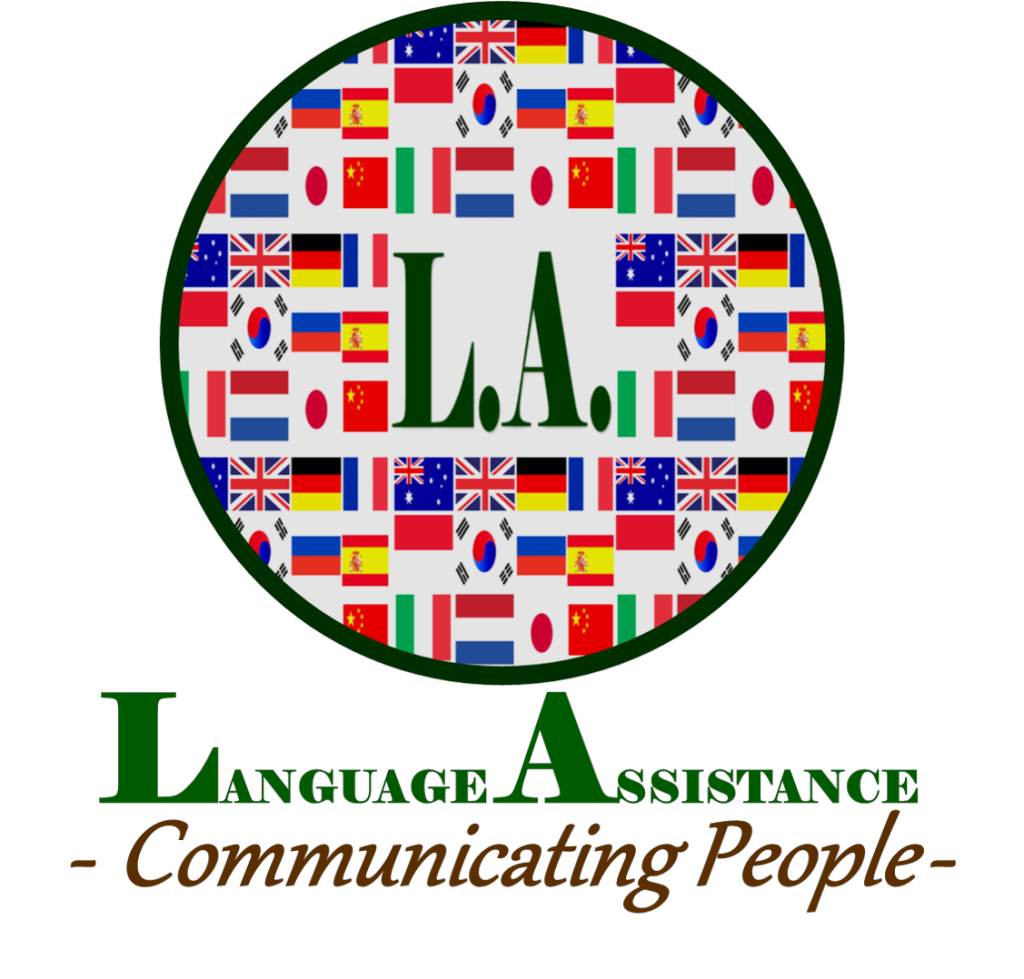e-ISSN : XXXX-XXXX
p-ISSN : XXXX-XXXX
Journal of English Literature and Pedagogy Research is managed by Language Assistance, Bali - Indonesia. The journal focuses on exploring the dynamic intersections of English literature and pedagogical practices, emphasizing their mutual enrichment in educational contexts. It seeks to bridge the gap between literary scholarship and practical teaching methodologies, fostering a holistic understanding of how literature can shape and be shaped by educational experiences. By integrating diverse perspectives, the journal offers a platform for academic discourse that is both innovative and relevant to contemporary challenges in education and literary studies.
The journal provides a global forum for researchers, educators, and literary scholars to engage in critical discussions, share groundbreaking research, and propose actionable strategies that enhance both the teaching and appreciation of English literature. The focus extends beyond traditional boundaries, addressing the evolving needs of modern classrooms, digital learning environments, and multicultural educational settings.
CORE OBJECTIVES
Advancing Literary Scholarship
Encouraging the exploration of both classical and contemporary works through fresh analytical lenses, including postcolonial, feminist, and ecological perspectives.
Enhancing Pedagogical Innovation
Promoting creative and inclusive teaching practices that make English literature accessible and meaningful to learners of diverse backgrounds and abilities.
Facilitating Interdisciplinary Approaches
Highlighting the relevance of English literature in broader contexts, such as cultural studies, ethics, and global citizenship education.
Responding to Technological Advances
Exploring how digital tools, multimedia resources, and online platforms are transforming the teaching and study of literature.
COVERAGE SCOPE AND TOPICS
ENGLISH LITERATURE
Analysis of classic and contemporary works.
Comparative literature studies.
Exploration of themes, genres, and literary devices.
Interdisciplinary approaches to literature.
Digital and multimedia interpretations of literary texts.
PEDAGOGY
Innovative teaching methods in English literature and language.
Curriculum design and implementation.
Teacher education and professional development in English studies.
The role of technology in literature and language teaching.
Assessment and evaluation strategies in literature education.
INTERSECTION OF LITERATURE AND PEDAGOGY
Integrating literature into language teaching.
Using literary texts to enhance critical thinking and creativity.
The impact of cultural and historical contexts on teaching literature.
Approaches to teaching English literature in diverse educational settings.
SPECIAL TOPICS
Literature and global issues, such as sustainability, diversity, and equity.
The role of literature in shaping social values and cultural awareness.
Case studies on successful literature-based pedagogy.
The influence of English literature on second language acquisition.
Journal of English Literature and Pedagogy Research by Language Assistance is licensed under CC BY 4.0
 |
LANGUAGE ASSISTANCE
Jalan Jepun Pipil V No.12, Banjar Kertha Graha, Desa Kesiman Kertalangu, Denpasar Timur, Bali - INDONESIA
0895602767732
jelpr@balilanguageassistance.com
|
